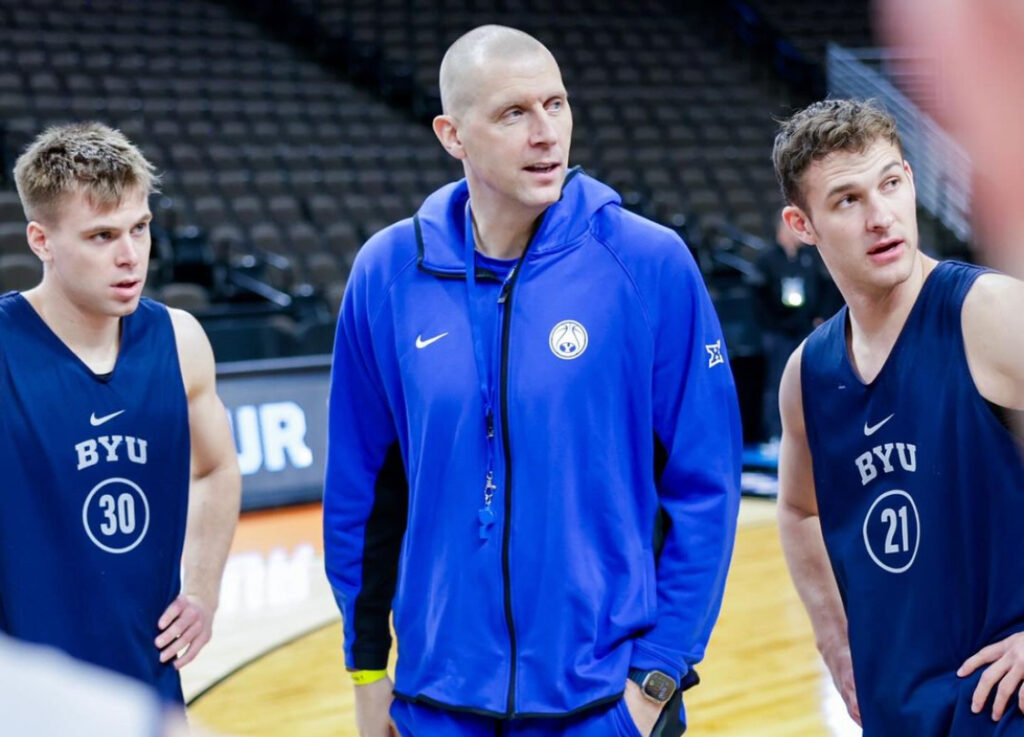A seismic shift may be on the horizon for college sports, with a new ruling in the case of Pavia vs. NCAA holding the potential to redefine eligibility rules and reshape how programs like Kentucky operate. The court issued a temporary restraining order preventing the NCAA from counting junior college (JUCO) years as part of a player’s NCAA eligibility. If this ruling becomes permanent, athletes who spend one or two years at a JUCO would still have a full four years of eligibility at the NCAA level—plus the possibility of redshirting.
This change could be a monumental win for Kentucky teams, from Mark Stoops’ football program to Mark Pope’s basketball squad. It offers fresh opportunities to recruit and develop players who might not fit the traditional mold of high-profile recruits but show immense promise.
A Boon for Kentucky Football
For Kentucky football, the implications are significant. Head coach Mark Stoops has built a reputation for identifying hidden talent and developing players over time. Under the new rule, Stoops could recruit JUCO athletes who need extra development, giving them the chance to play four full NCAA seasons—or even six or seven years in college with redshirt eligibility. This added time would allow players to adapt to the college level, helping Kentucky maintain depth and competitiveness in the SEC.
A New Era for Kentucky Basketball
Kentucky basketball could also reap major benefits. Head coach Mark Pope’s strategy of blending seasoned players with young stars could thrive under the new rule. JUCO transfers often bring maturity, polished skills, and a unique perspective to the game. This additional eligibility would enable Kentucky to build deeper, more balanced rosters, bridging gaps that younger, less-experienced recruits might leave.
Implications Beyond Kentucky
The potential impact of this rule extends far beyond Lexington. For athletes, it offers a chance to extend their careers and fully develop their skills, particularly for those who might have struggled with academics, injuries, or playing time early on. For NCAA sports as a whole, it could create a more level playing field, enabling programs of all sizes to compete for JUCO talent.
However, not everyone is on board. Critics argue that extended eligibility could clog the recruitment pipeline and limit opportunities for younger players. Some believe it may lead to less parity, with powerhouse programs stockpiling talent for longer periods.
What’s Next?
While the ruling is temporary for now, Kentucky’s coaching staff is likely watching developments closely. If the decision becomes permanent, expect programs across the NCAA to adjust their recruitment strategies, with Kentucky positioned to capitalize.
This ruling could be a game-changer for the Wildcats and college athletics as a whole, emphasizing development and perseverance over early hype. What do you think? Is this a step in the right direction for college sports, or does it create more problems than it solves?
Stay tuned as we monitor the implications of this groundbreaking decision.
